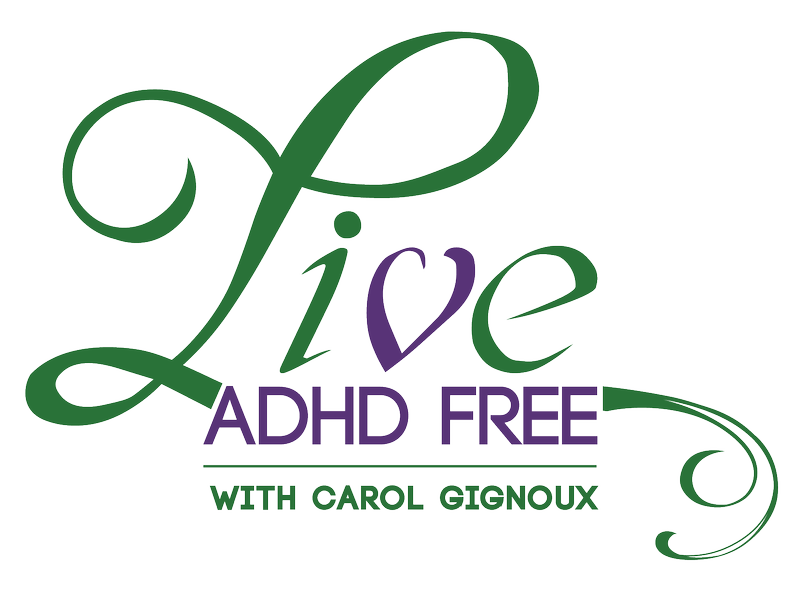What are you like when you’re at your best?
1) Self-reflection
You probably feel pretty unstoppable. It’s the sort of feeling you wish would come around more often. The thing is, really good days don’t have to be a fluke of nature. You can get the most out of yourself much more often than you think, and you don’t even need to make any drastic changes to do it. Just follow these six steps, and your personal best might just become your new normal.

Navel-gazing introspection doesn’t have to take over your life, but for any meaningful change to happen, you at least need to be aware of your own strengths and weaknesses. Think through what it feels like on a great day. What comes easily to you? Which logistical parts of your routine go well on days like that?
On the other hand, what trips you up on bad days? Recognize your own triggers – sometimes it really is something as simple as “getting up on the wrong side of the bed” (or running out of coffee, or getting caught in traffic…) that robs you of a perfectly nice day. Write your thoughts down, and make an appointment with yourself to check back in and note your progress. Once you start looking at your moods and your habits analytically, I bet you’ll notice a lot of patterns that could be pretty easy to change.
2) Meditation
People have such a visceral reaction to the suggestion of taking up a meditation practice. Talk about love it or hate it. But before you skip on to the next bullet point, hear me out. The whole point of meditation is to create a habit. The result of that habit is to gain the ability to calm your mind. Now doesn’t that sound like a skill you’d like to have in your back pocket?
Meditation isn’t what you think it is. It’s what you want it to be. Sure, classic meditation is the right fit for some (imagine quiet hours spent in lotus position in flowy clothing, sitting on a pillow, with incense burning and an Enya CD playing). Don’t let the traditional approach hem you in, though. Let’s acknowledge the obvious fact that our ADHD brains thrive on stimulation and struggle with quiet, blank, emptiness. So the dark, silent room might just be setting yourself up for failure.
As I’ve advocated before, find an activity that you like that has repetitive movement, like walking or rowing, maybe even knitting, that will allow you to let your mind wander (safely) while keeping your body busy. Make it clear that you need to be left alone during your meditation sessions, and get out of ear- and eye-shot of all televisions, phones, computers and so on. Focus on your breathing. Invite in feelings of security, contentment, calmness. Let your mind open. Commit to giving it at least five tries – meditation is not a single-dose treatment. It can also be beneficial to jot down notes about your progress in a journal after each session.
3) Exercise
If you’ll bear with a generalization here, in my almost four decades of experience I’ve found that people with ADHD find physical activity a very beneficial counterbalance to the hyperactivity of our thoughts (me included). The body’s motion brings clarity of mind. To each his own: team sports, exercise classes, quiet walking, high-stakes training for a big event like a marathon. All of these options, and dozens more, work just as well. This year, explore new options to find one that you’re passionate about. Finally sign up to learn about one you’ve always been drawn to. Or if you already know which workout you love, recommit to it.
4) Consistent diet
I know, you’re probably bored to death of all the diet and weight-loss talk that comes with the New Year. Well, here’s something that you might find refreshing – I don’t want you to go on a diet just because of the date on the calendar. What you eat and why you eat it and the way it fits into your larger health goals is all between you and your doctor. I’m simply advocating for consistency.
Eating roughly the same amounts of the same types of food at the same times will give your life the most delicious structure (excuse the pun!). You will feel satisfied. You will hold on to your focus more easily. Your mood will be steadier. It takes some planning ahead to have your food ready and waiting, and it takes discipline to eat at the same times even on days that get chaotic, but it’s worth it.
5) Backup
You need to start relying on the good kind of peer pressure if you want to bring out the best in yourself. Identify a team of people in your life who are on your side. Talk to each of them about the goals you’re considering tackling, and give them specific ways that they can help you. Maybe give them your own words to repeat back to you when you’re struggling in the future. Or maybe designate one to be your cheerleader and another to be your reality-checker. This inclusion in your goals also helps your close friends and family stay in the loop, instead of feeling confused as you change your habits and attitude.
Another solid addition to your team would be an ADHD coach. Instead of reinventing the wheel yourself, you can reach out to a trained professional who has already helped dozens or even hundreds of ADHD clients achieve the very same goals you’re aiming for. He or she will know how to keep you motivated, when you’re most likely to get frustrated with yourself, how to celebrate the milestones and more. As I’ve said before, it might be the best investment you ever make.

